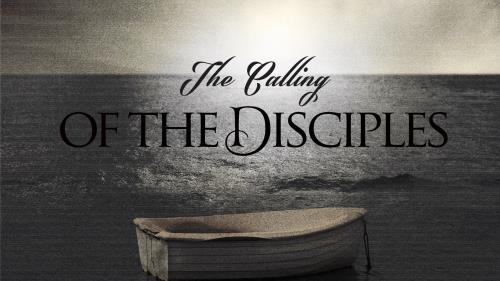-
Raise Your Praise
Contributed by Ajai Prakash on Nov 28, 2017 (message contributor)
Summary: Worship is our response to who God is and the redemptive act He has done for us through Jesus Christ. Worship was the bone of contention in the heavenlies and so is today in many churches. But the sole purpose of song & music was to worship God. Each one
Opening illustration: Play the ‘Worship Haters’ video
Introduction: The scripture passage is pact with exuberance and passionate worship. The amazing words “you have heard me” prompt the tongue-tied suppliant to open the floodgates of effusive praise in verses 22-31. This crescendo of praise begins with a resolution to praise the name of Lord in the congregation (vs. 23). This resolution to praise is addressed to the Lord. On the assumption that the Hebrew verb ‘a nîtanî is a perfect of confidence (“you will surely answer”) that expresses the speaker’s assurance of a divine hearing and in view of the predominance of YQTL verbs in verses 26-31, we interpret this resolution as a vow to praise, which, like the vow to praise in Psalm 35: 18, comes right after an urgent petition and serves as another attempt to mobilize God to action. All our praises must refer to the work of redemption. The suffering of the Redeemer was graciously accepted as a full satisfaction for sin. Though it was offered for sinful men, the Father did not despise or abhor it for our sakes. This ought to be the matter of our thanksgiving. All humble, gracious souls should have a full satisfaction and happiness in him. Those that hunger and thirst after righteousness in Christ, shall not labor for that which satisfies not. Those that are much in praying will be much in thanksgiving. Those that turn to God, will make conscience of worshipping before him. Let every tongue confess that he is Lord. High and low, rich and poor, bond and free, meet in Christ. Seeing we cannot keep alive our own souls, it is our wisdom, by obedient faith, to commit our souls to Christ, who is able to save and keep them alive for ever.
How to ‘raise our praise’ unto God?
1. Raise your EXUBERANCE
(a) Psalm 34: 1 “I will bless the LORD at all times; His praise shall continually be in my mouth.”
Nobody can praise God for you. Don’t leave this place today saying ‘we praised God in church today’ if YOU didn’t praise Him. God isn’t looking at US, He’s looking at YOU. You can be surrounded by people who are praising God, but if you aren’t joining in the exaltation, He will be robbed by you of the glory He deserves. This is because we all praise Him uniquely, with our own style and our own voice. Our praise is built on our own unique circumstances.
All of the people who love you are doing the same thing, they are showing me love, but if any of them stopped loving me there would be a hole in my heart! And so it is with praising God … He wants to hear from each of us regularly. Only YOU can praise Him in the way you do it!
This is a secret that will transform your life. Praise Him in good times and bad. When you are up and when you are down. “But I can’t praise God when I’m down, it’s not natural.” That may be when we need to praise Him the most. And no, it’s not natural, it’s supernatural, and God can help us rise above! There’s no faith found in praising God after the battle is won, only during the battle. It’s easy to praise God on the mountaintop, but it takes faith to praise Him in the valley or in the most difficult circumstances of your life.
(b) Psalm 35: 18 “I will give You thanks in the great assembly; I will praise You among many people.”
Notable deliverances must be recorded, and their fame emblazoned. All the saints should be informed of the Lord’s goodness. The theme is worthy of the largest assembly; the experience of a believer is a subject fit for an assembled universe to hear of. Most men don’t hesitate to publish their grief’s; good men should proclaim their mercies. “I will praise thee among much people.” Among friends and foes will I glorify the God of my salvation. Praise - personal praise, public praise, perpetual praise - should be the daily revenue of the King of heaven. Thus, for the second time, David’s prayer ends in praise, as indeed all prayer should.
© Psalm 107: 32 “Let them exalt Him also in the assembly of the people, And praise Him in the company of the elders.”
Thanks for such mercies should be given in public in the place where men congregate for worship. “And praise him in the assembly of the elders.” The praise should be presented with great solemnity in the presence of men of years, experience, and influence. High and weighty service should be rendered for great and distinguished favors, and therefore let the sacrifice be presented with due decorum and with grave seriousness. Often when men hear of a narrow escape from shipwreck they pass over the matter with a careless remark about good luck, but it should never be thus jested with.

 Sermon Central
Sermon Central



